Common Ground
Curatorial Activism, Part 2
1 p.m. Eastern / 10 a.m. Pacific
This event is produced by The Brooklyn Rail. Learn how you can donate ✨🌈
A conversation featuring legendary feminist curators Camille Morineau, Daria Khan, Catherine de Zegher, Rosa Martínez, Ann Sutherland Harris, moderated by Maura Reilly.
In this talk
Please join us for our second installment of “Curatorial Activism,” moderated by curator Maura Reilly, author of Curatorial Activism: Towards an Ethics of Curating.
This will be an ongoing “Curatorial Activism” series taking place the first Thursday of each month. Stay tuned for more details!
Camille Morineau
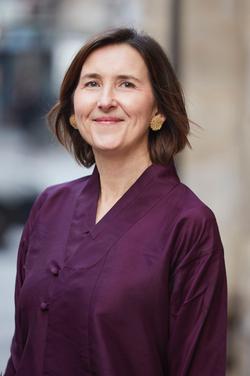
Daria Khan

Catherine de Zegher
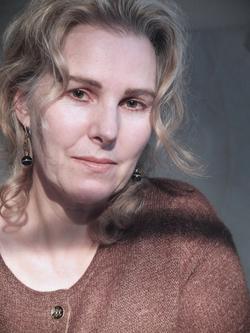
Rosa Martínez
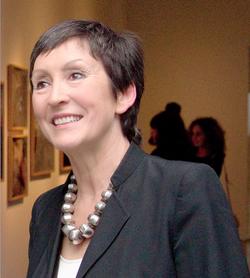
Ann Sutherland Harris
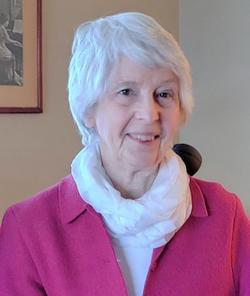
A Professor Emerita at the University of Pittsburgh. Her research and teaching have embraced a variety of topics in the history of art and architecture in European painting and sculpture in late Renaissance and seventeenth-century art. When she began her career in the 1960s, the literature on 17th century Italian painters was sparse. She reconstructed the careers of several artists, including Pier Francesco Mola and Pietro Testa, tracing documentary records and identifying a group of paintings and drawings by them with a more logical chronology of their works. Her monograph on Andrea Sacchi (1599-1661) is regarded as one of the best monographs on a major seicento painter. She is fascinated by artists’ drawings and the challenges of correct identification, and their functions in the production of both painting and sculpture. She has discovered and published a group of drawings by Gian Lorenzo Bernini, and others by Michelangelo, Nicolas Poussin, Claude Lorrain, and many less well-known artists. Her book Seventeenth-Century Art and Architecture (Laurence King, London, 2005; 2nd ed., 2008) is used widely as a textbook on this important century in European art bridging the more familiar periods of the Renaissance and those that follow.
Dr. Harris co-curated with Linda Nochlin the groundbreaking exhibition Women Artists, 1550-1950, which opened at the Los Angeles County Museum in 1976 and then traveled to the University Art Museum, Austin, Texas; the Carnegie Museum of Art, Pittsburgh; and the Brooklyn Museum, New York). As the first exhibition at major museums in the U.S. dedicated to women artists, it attracted large audiences in both Los Angeles and New York, and thus drew public attention to women artists who were little known except to specialists, among them Sofonisba Anguissola, Lavinia Fontana, Artemisia Gentileschi, Judith Leyster, Rachel Ruysch, and Elizabeth Vigée Lebrun. Major exhibitions have been devoted to all of them since and excellent monographs too, except for Ruysch, though she is always included in exhibitions about flower painters. For the Women Artists, 1550-1950 catalogue, Dr. Harris wrote most of the catalogue entries for the artists working before 1800 as well as a substantial essay about the situation of all women in the previous centuries whose weaving, embroidery and manuscript illuminations made them the first women artists in Europe – and thus the ancestors of the pioneering women artists who emerged in Europe in the mid-sixteenth-century. Feminist activism has also played a role in Sutherland Harris’ career. In 1970, she testified before the US Congress about the discrimination faced by women in higher education, and then helped to establish the Women’s Caucus for Art, an advocacy organization for women active as artists, art historians, and museum professionals; she served as its first President (1972-74). She continues to write about women artists of the past and present, including Artemisia Gentileschi, Elisabetta Sirani, Alice Neel, Elizabeth Murray and Edna Andrade, among others. Dr. Sutherland Harris received her PhD from the Courtauld Institute of the University of London.
Maura Reilly
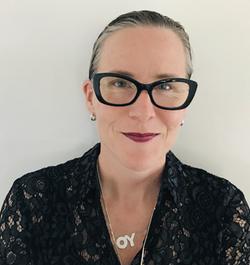
The Rail has a tradition of ending our conversations with a poetry reading, and we’re fortunate to have Eileen Myles reading.
Eileen Myles
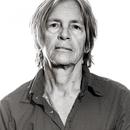
❤️ 🌈 We'd like to thank the The Terra Foundation for American Art for making these daily conversations possible, and for their support of our growing archive.